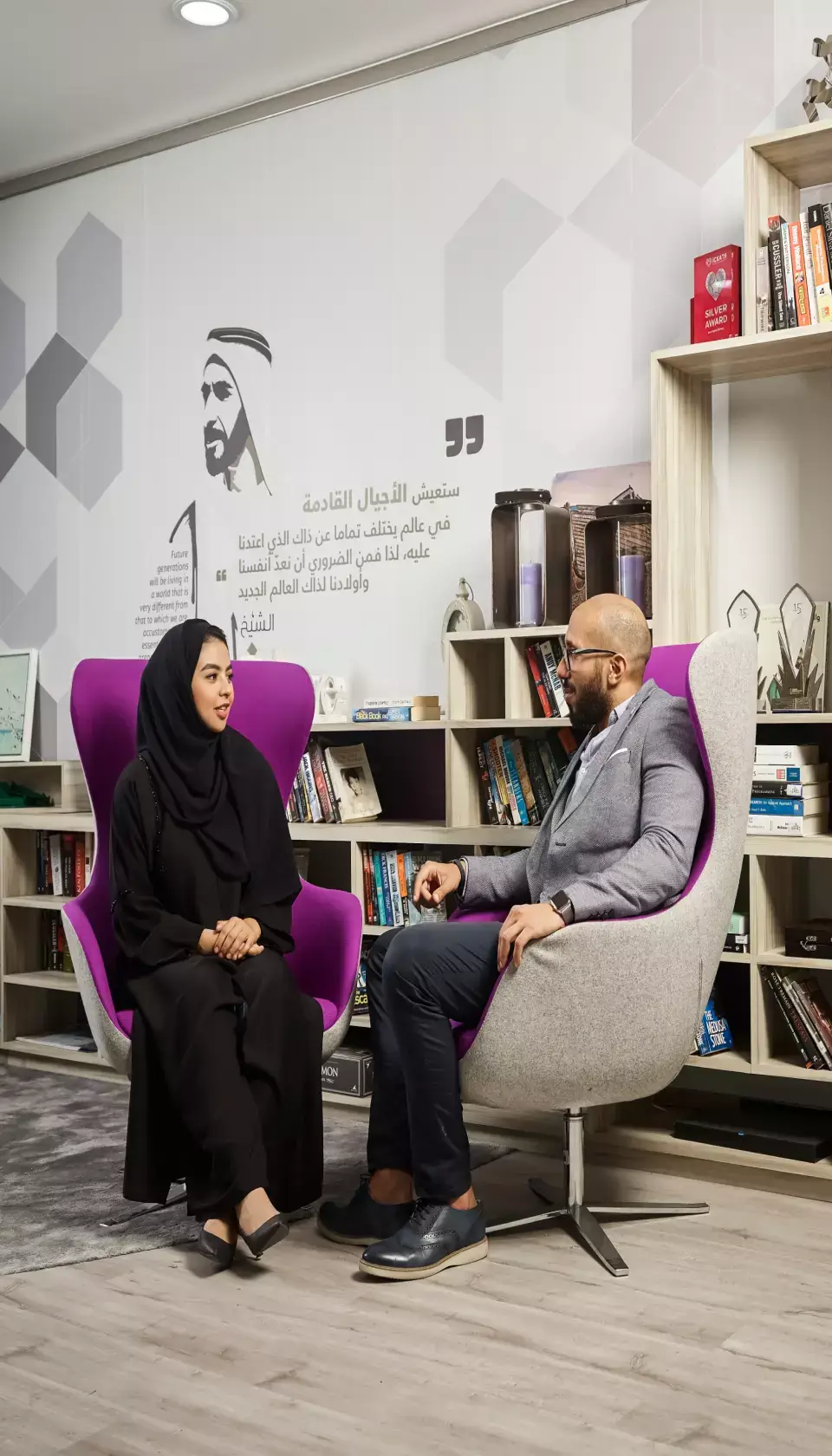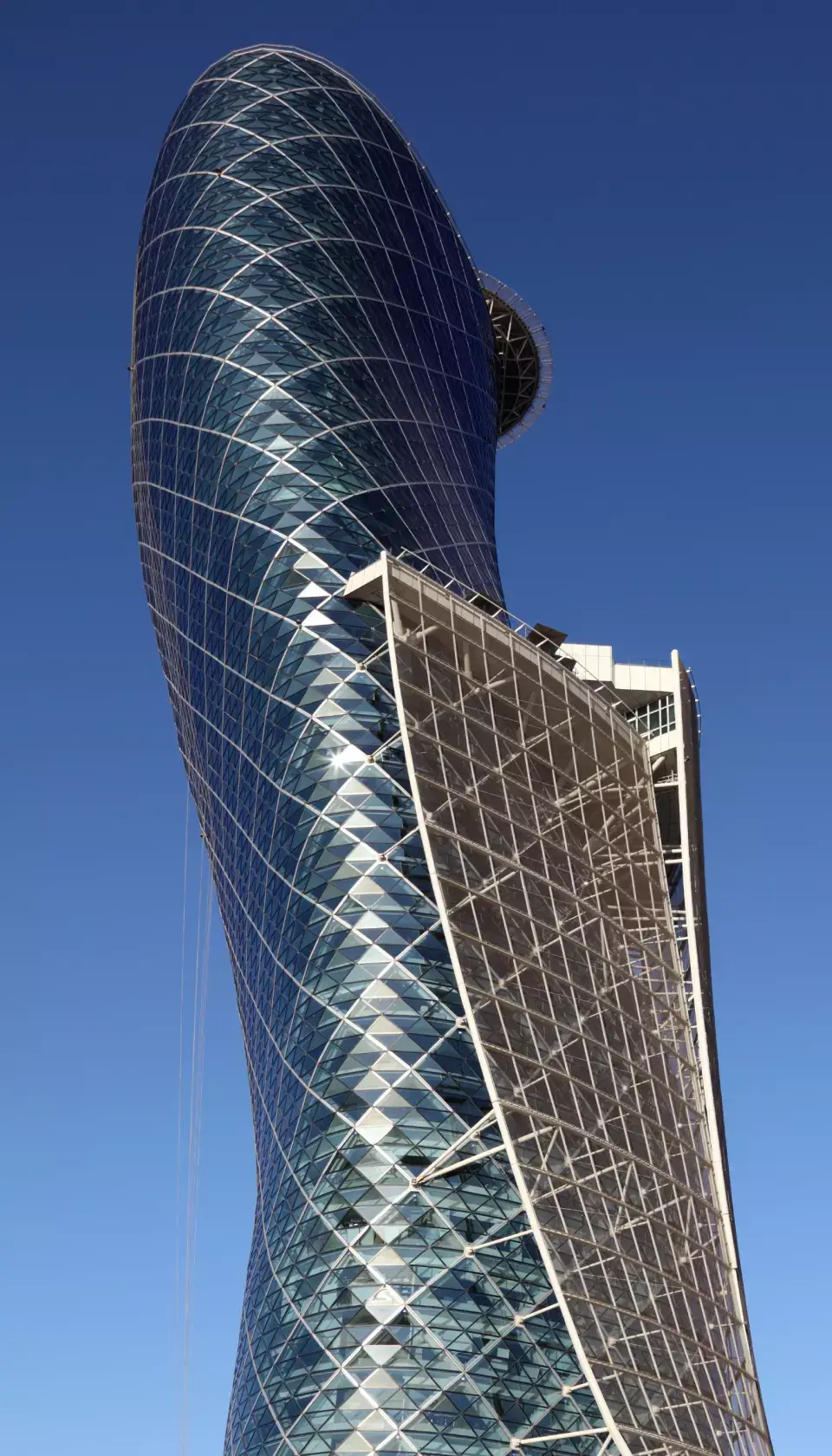The global energy landscape is evolving toward cleaner energy sources
The usage of clean energy sources will grow rapidly as the cost of renewables decrease. Pathways to reduce demand and current CO² levels require an accelerated roll-out coupled with the application of innovative solutions. To deliver the UAE’s successful transition to clean energy, diversification of power sources, expanding the roll-out of Clean Energy Certificates (CECs), and leveraging Carbon, Capture, Utilisation and Storage (CCUS) will become increasingly critical.
Rolling out digital Clean Energy Certificates
The introduction of CECs enables entities to trade in renewable and nuclear energy certificates in Abu Dhabi. To maintain authenticity and build trust, blockchain technology enables CECs to trace the energy sources and capture transaction data when certificates are traded.
Leveraging Carbon, Capture, Utilisation and Storage
CCUS will be a vital tool in the fight against climate change. As well as preventing CO² from entering the atmosphere, it enables the use of clean burning gas to enhance oil recovery, and can be leveraged for other industrial uses such as power generation and desalination.
Investing in Hydrogen ecosystem
Leveraging its expertise in gas production and low-cost solar power, the UAE is developing blue and green hydrogen initiatives that offer enormous potential in meeting sustainability targets.
Ensuring Multi-Source Power Mix
Supplying the power grid with diverse energy sources is critical to the UAE’s future energy plans. In doing so, clean energy will complement the existing energy mix on the grid and enable further sustainability ambitions.
Collaboration amongst stakeholders
Collaboration will also be key to unlocking a sustainable future. Orchestrated action from the energy and industrial sectors alongside policymakers, regulators and government is needed to deploy renewables at speed and scale, incentivized by long-term stable policies and regulations.
Developing Reverse Osmosis plants
Reverse Osmosis (RO) is more efficient than conventional thermal desalination plants as the technology uses 50% less energy to produce potable water.
Journey to Clean, Sustainable Energy

Direct to your inbox
ADQ News and Insights delivered directly to your inbox


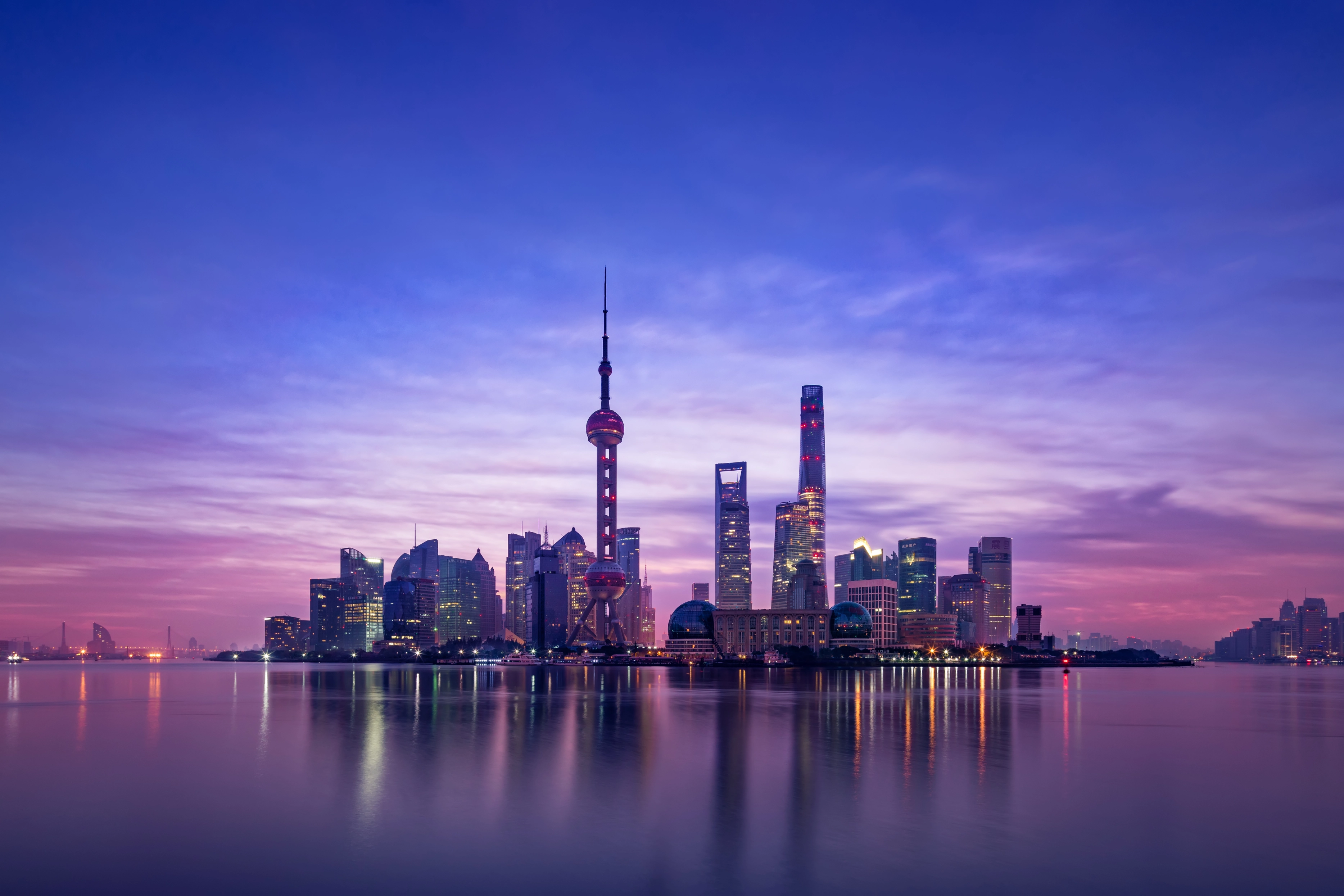


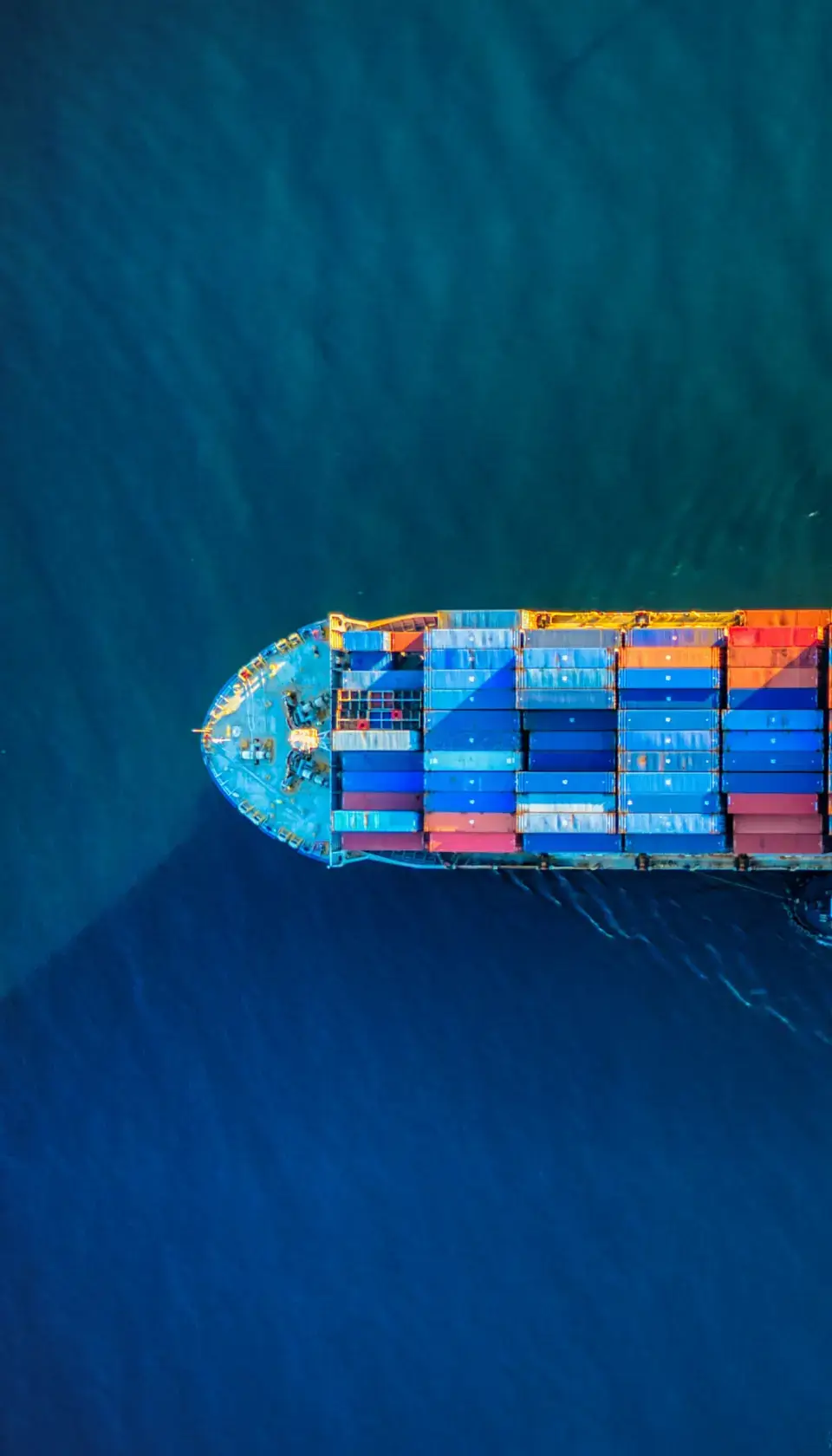

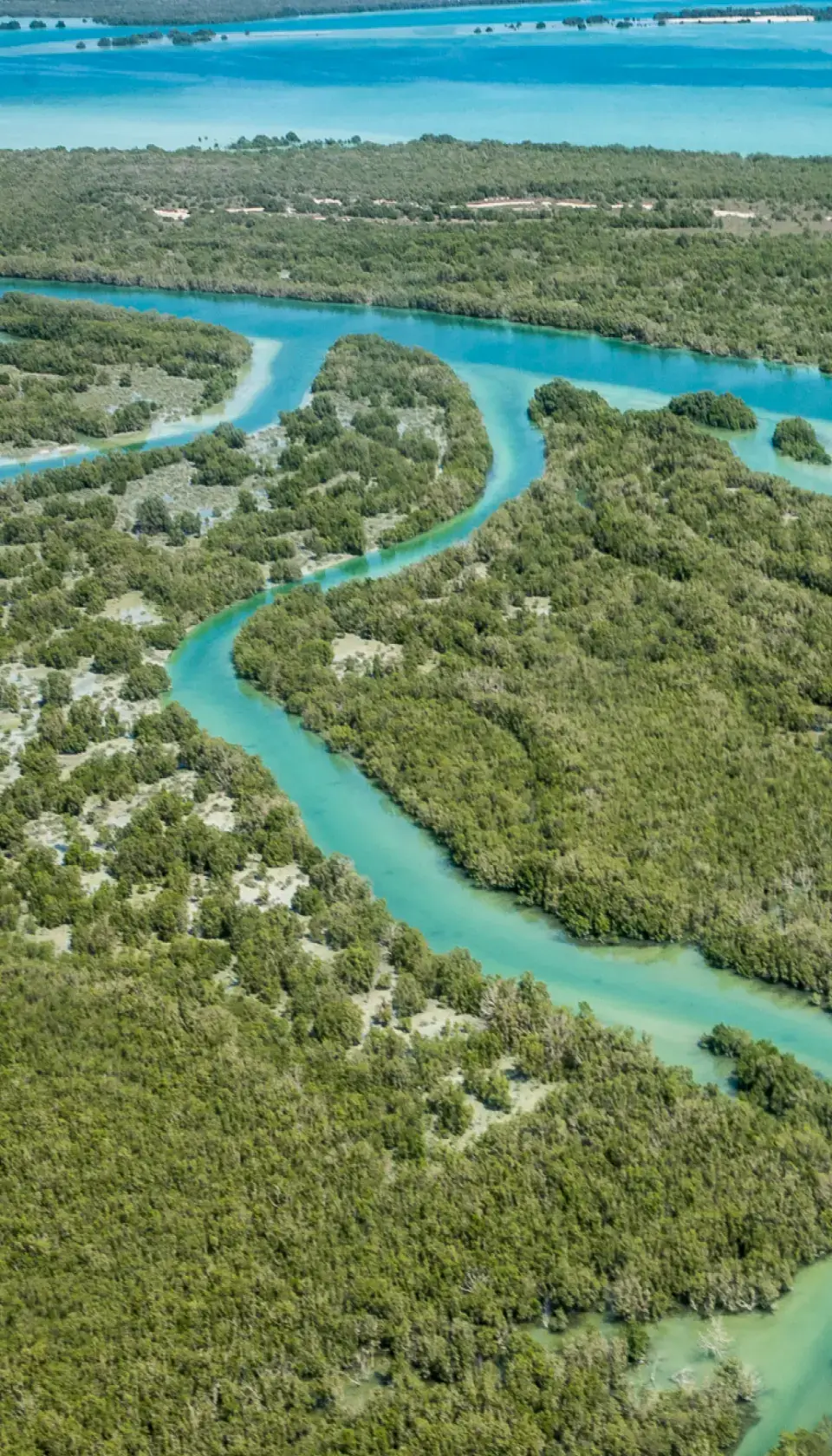
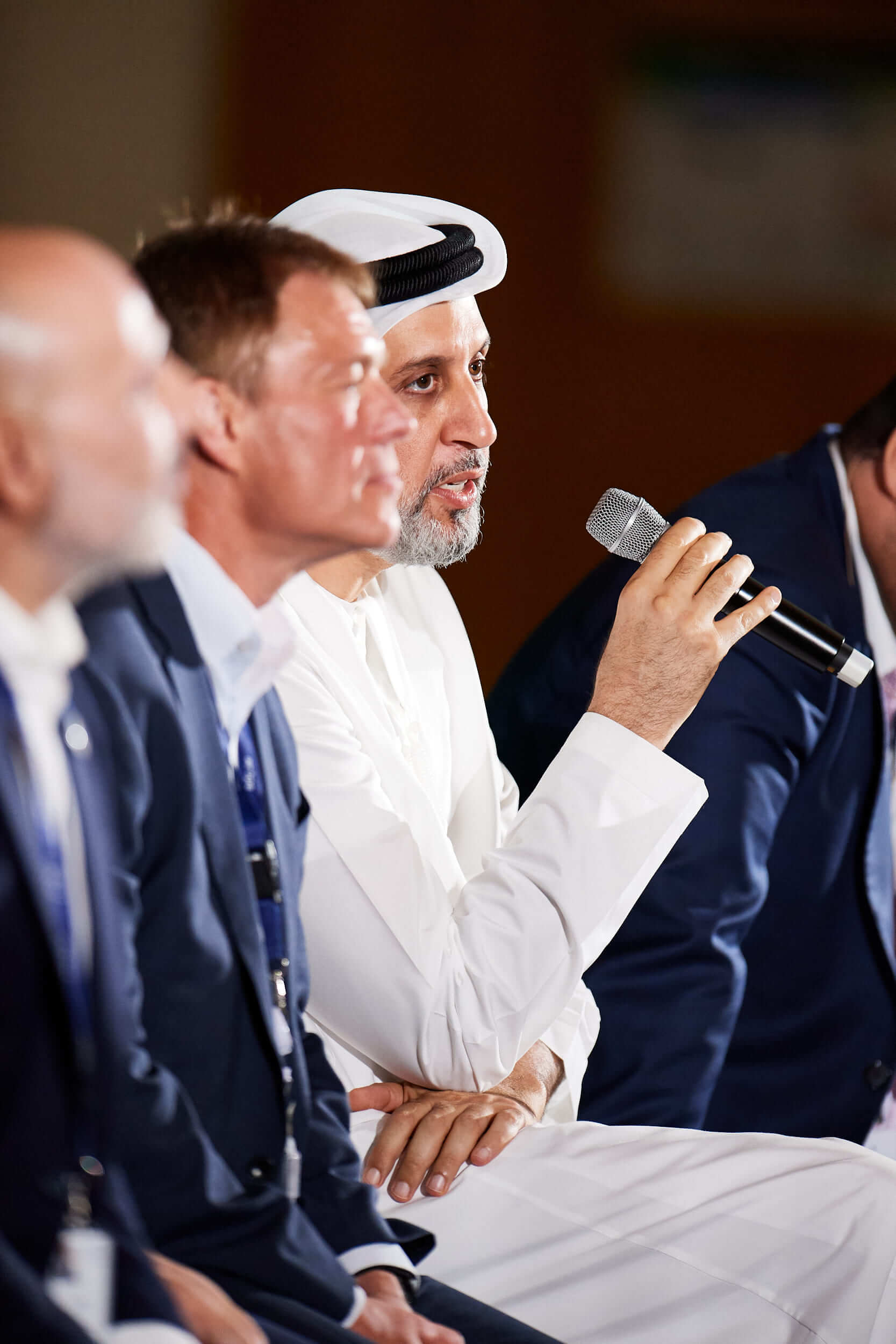
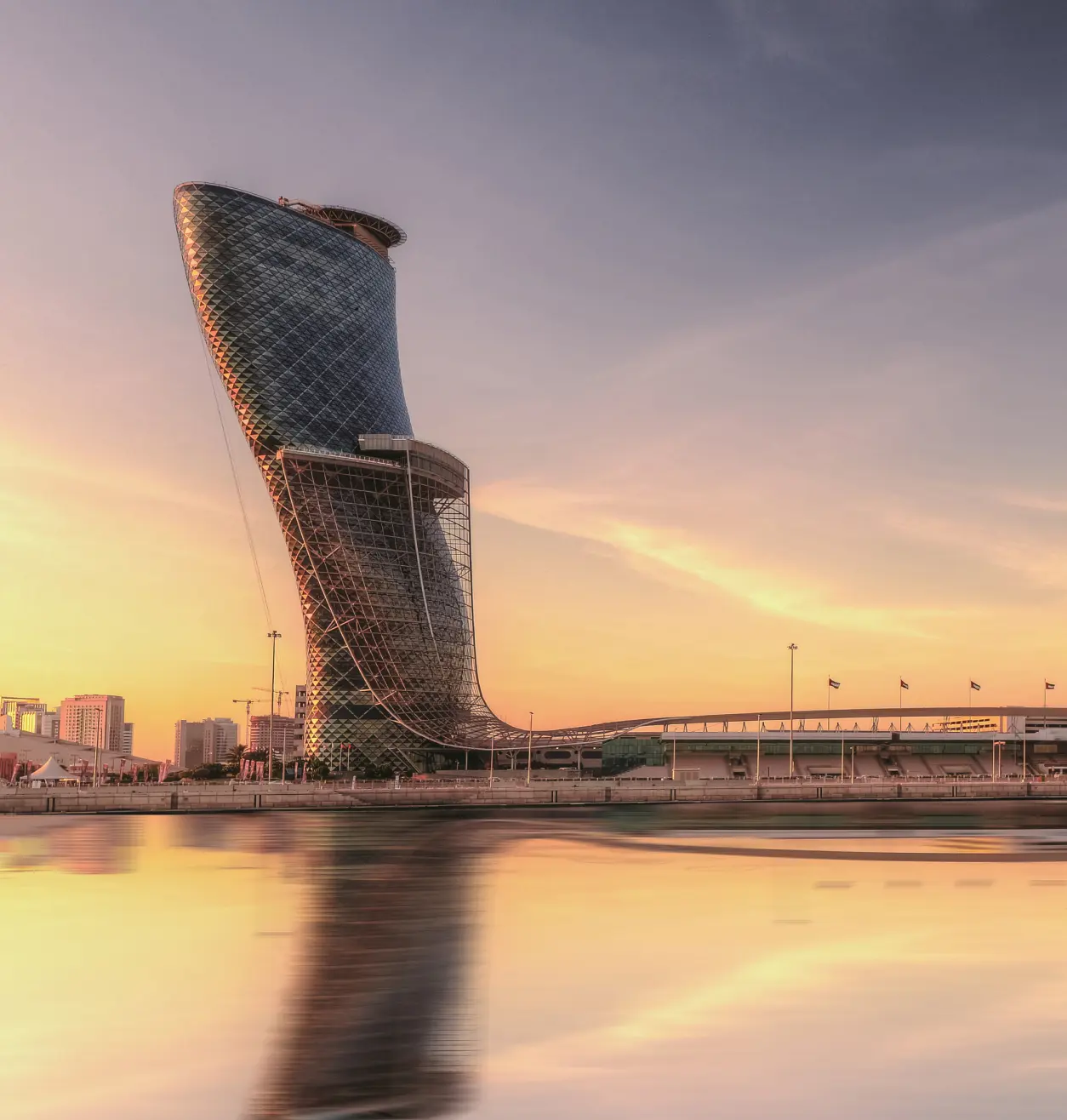
.jpg)

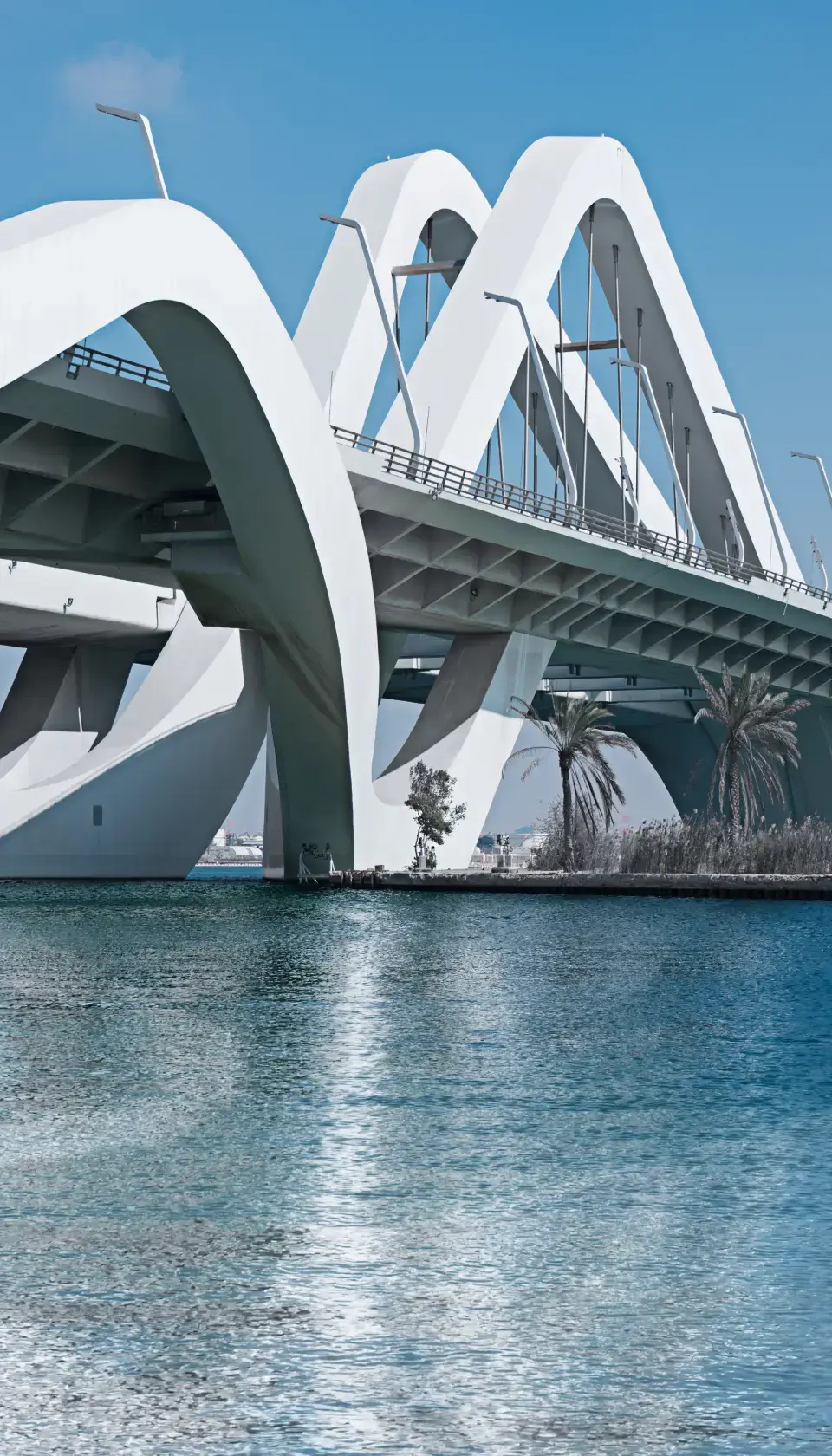


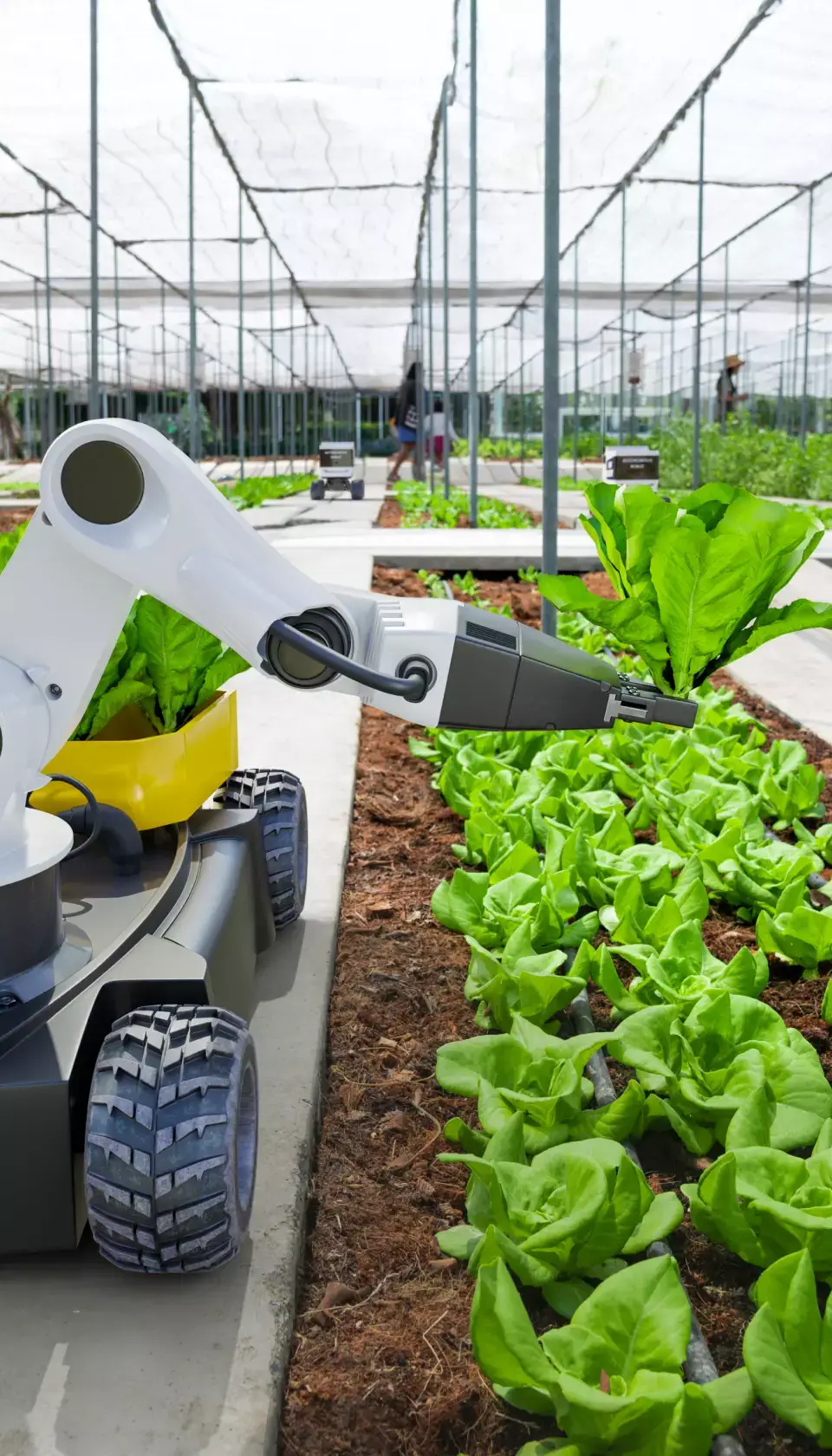
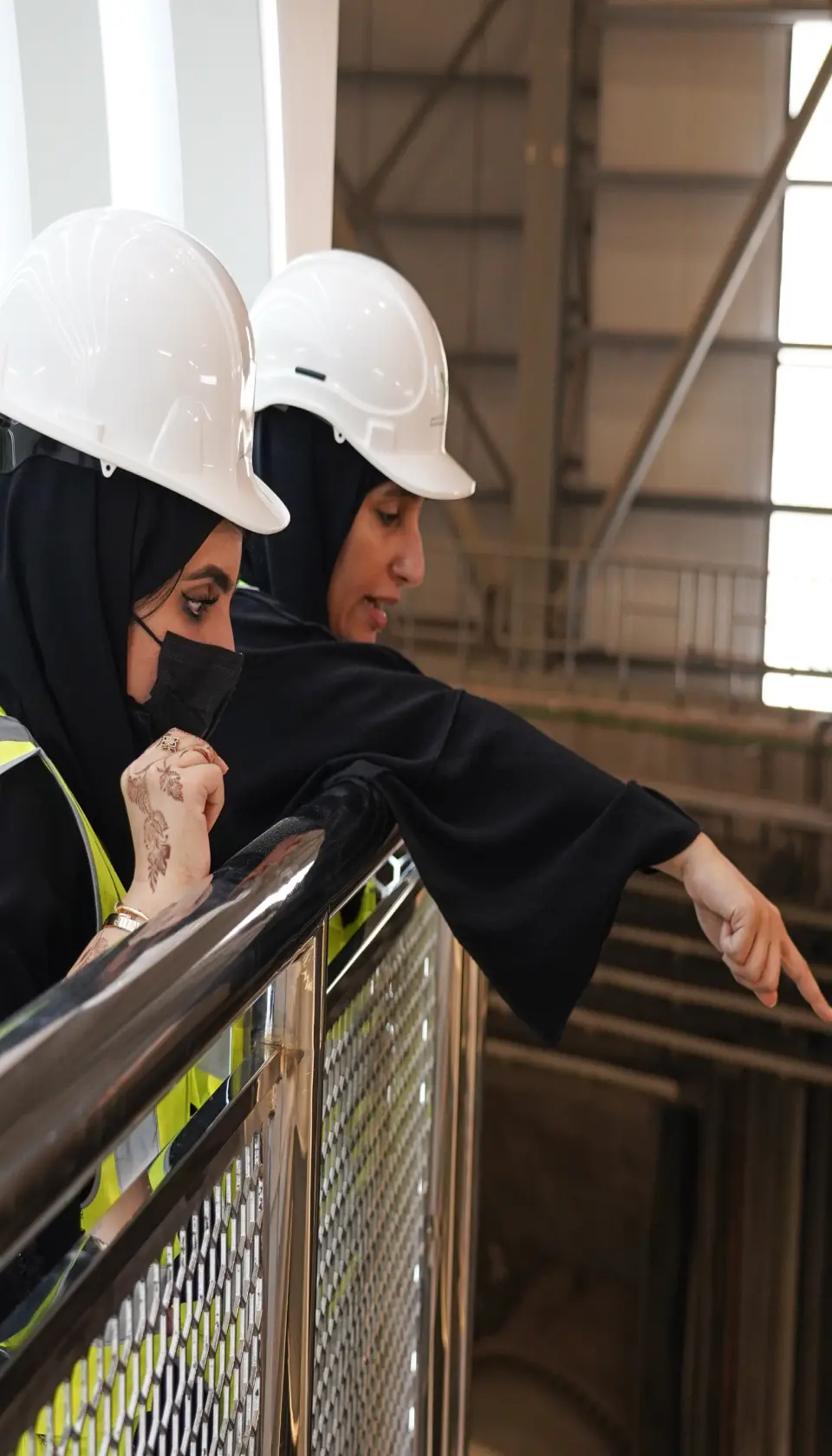

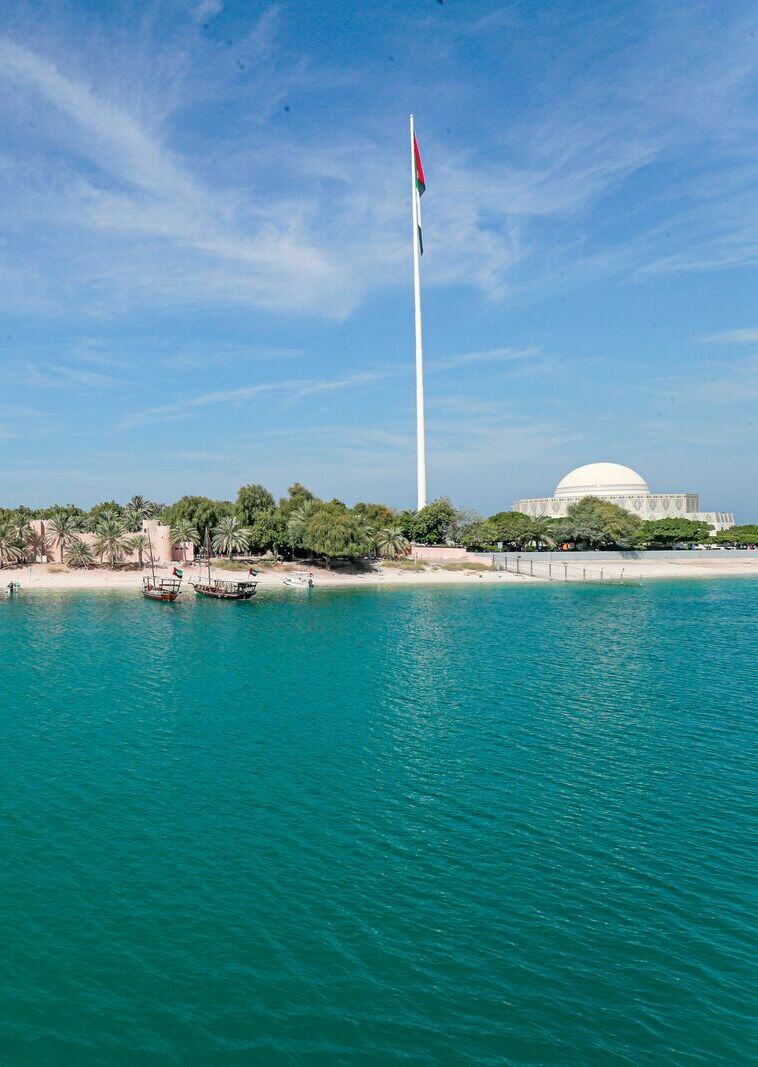
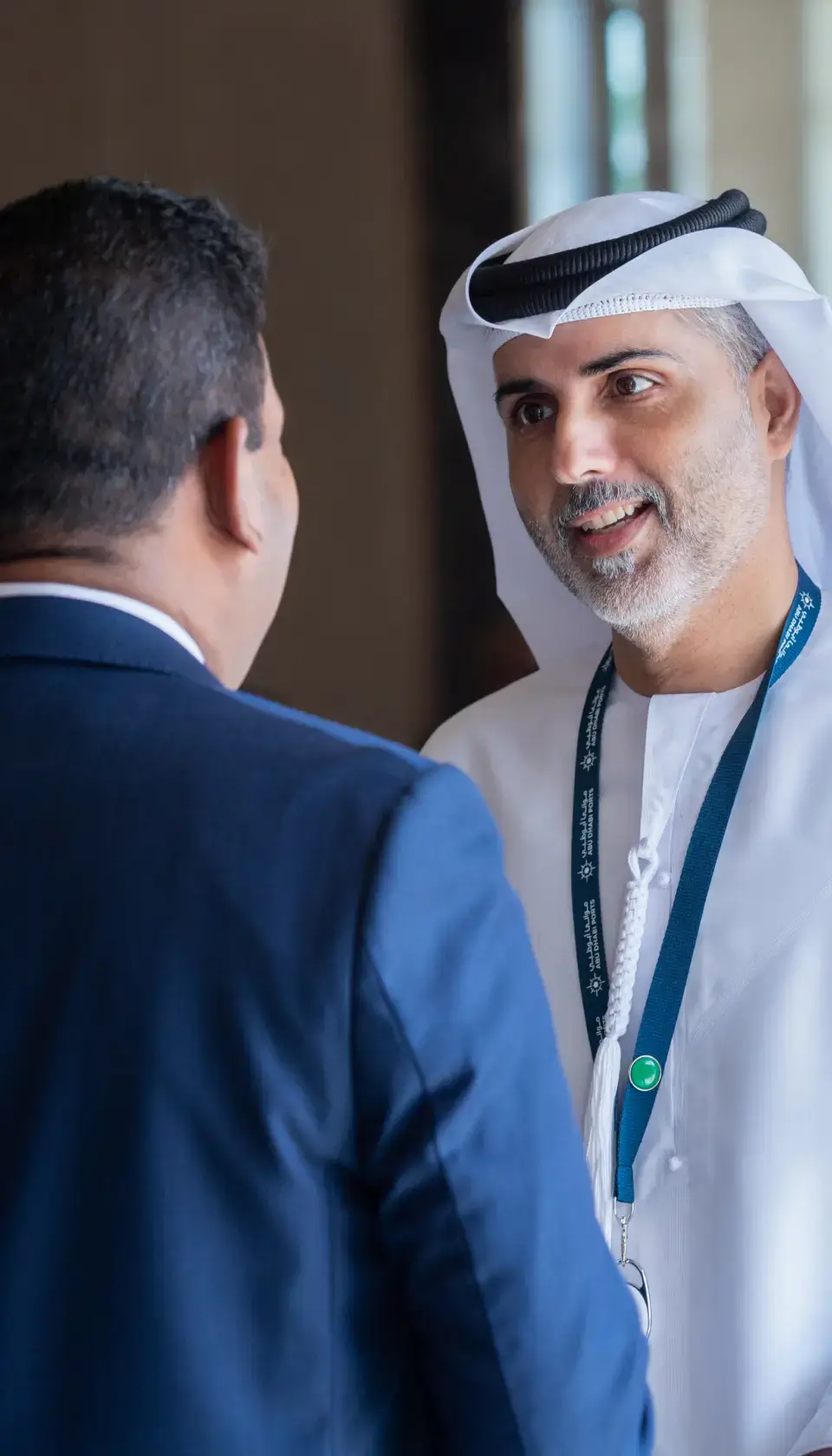


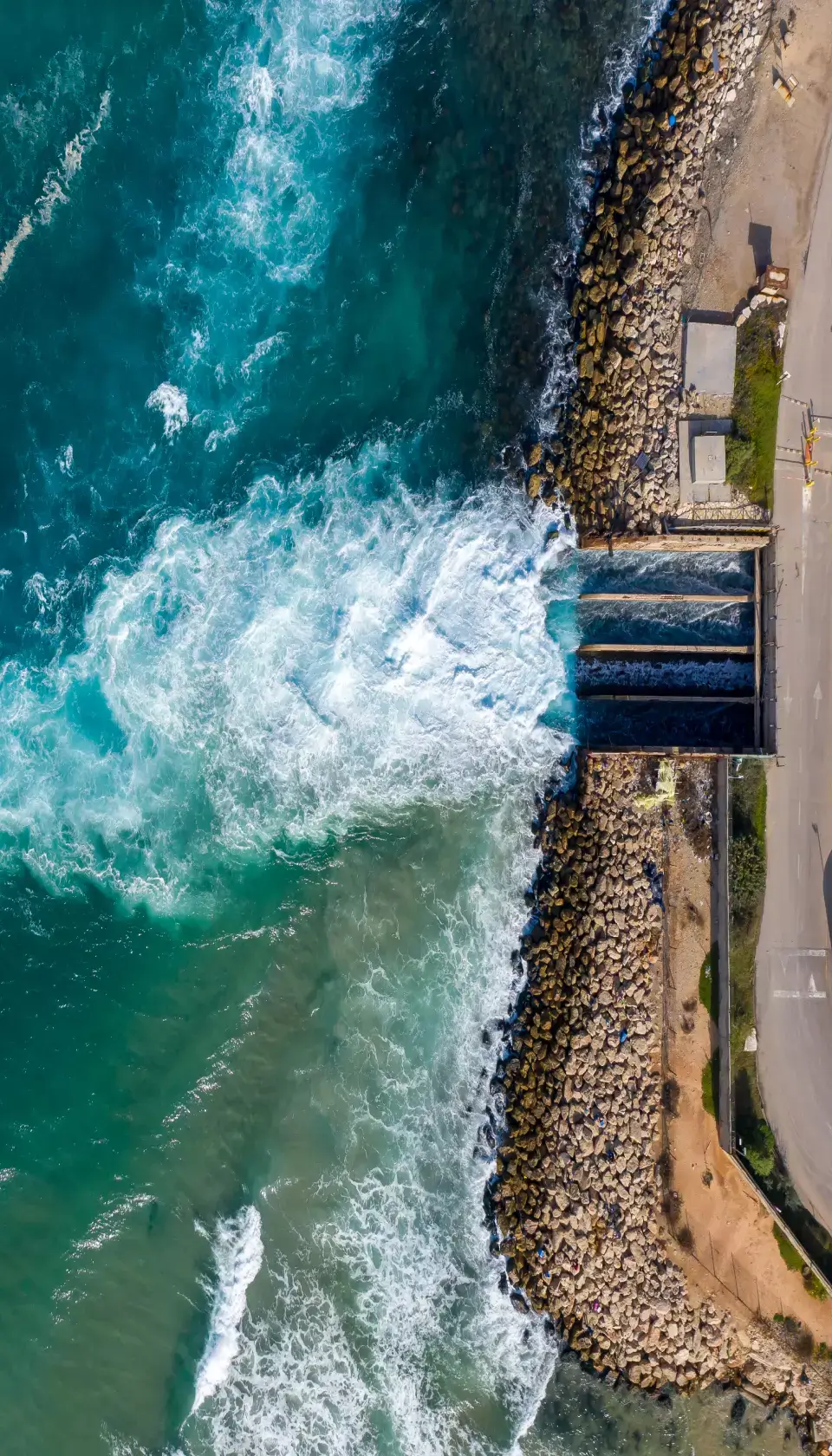



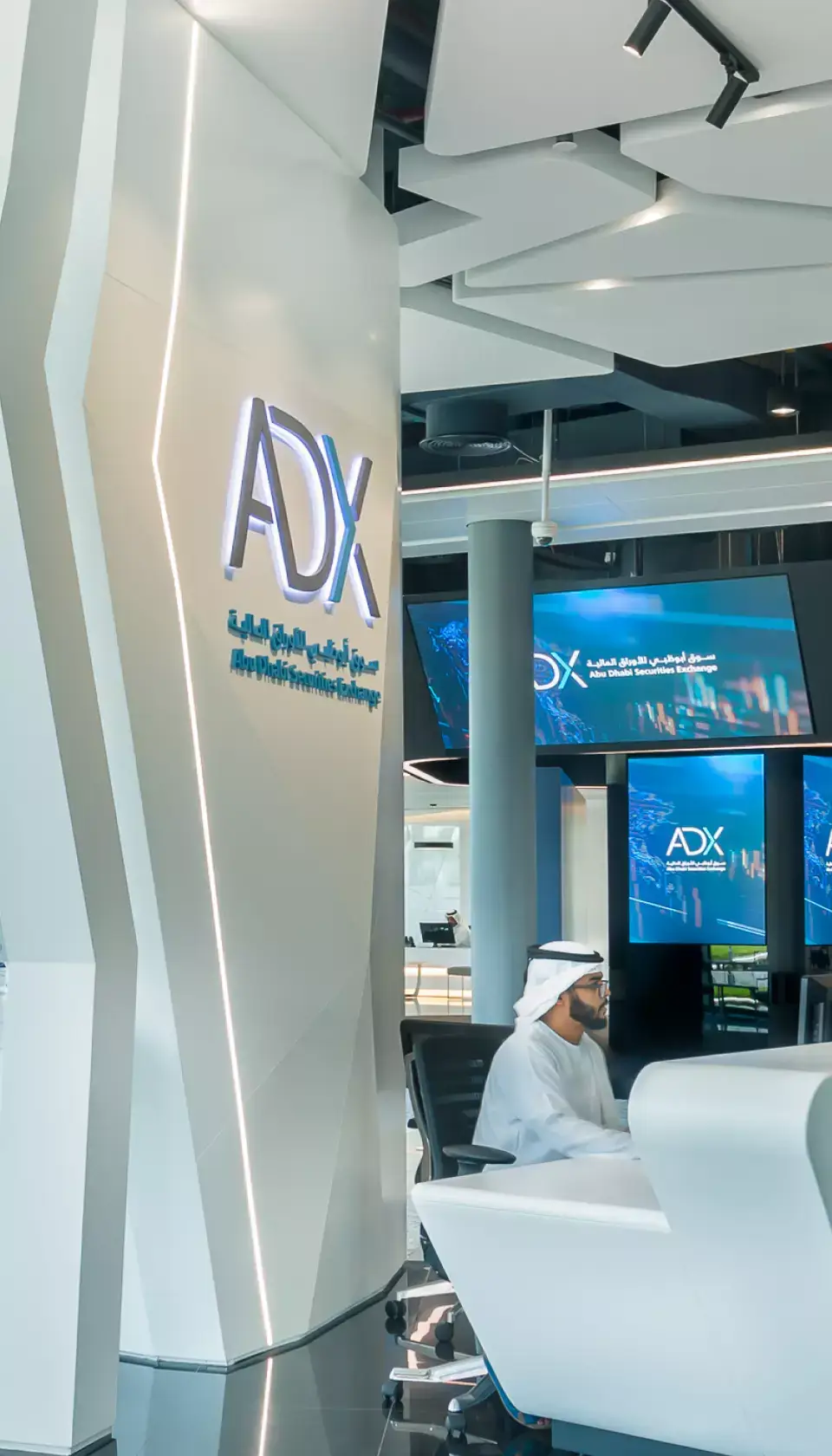

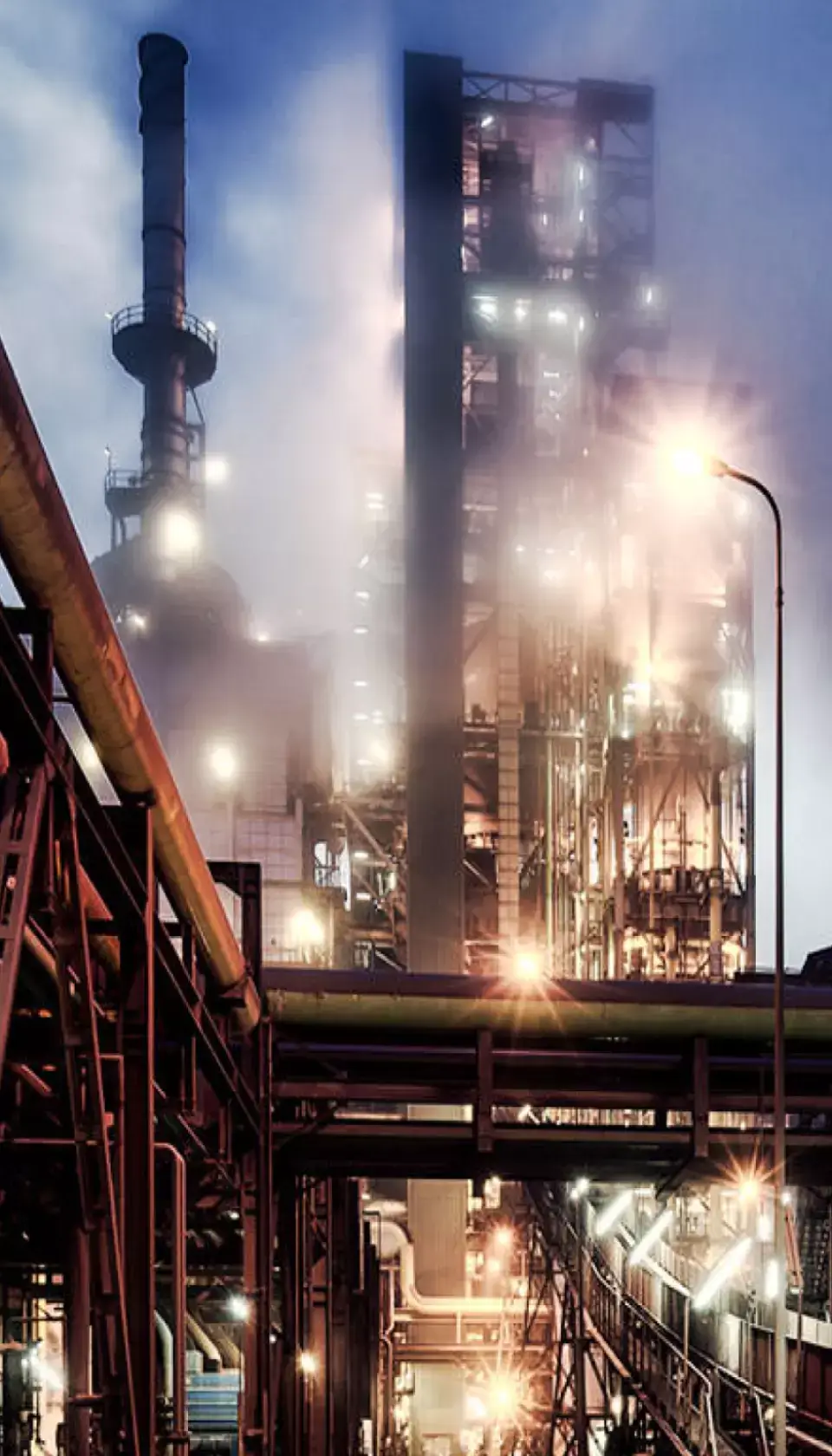
.jpg)



